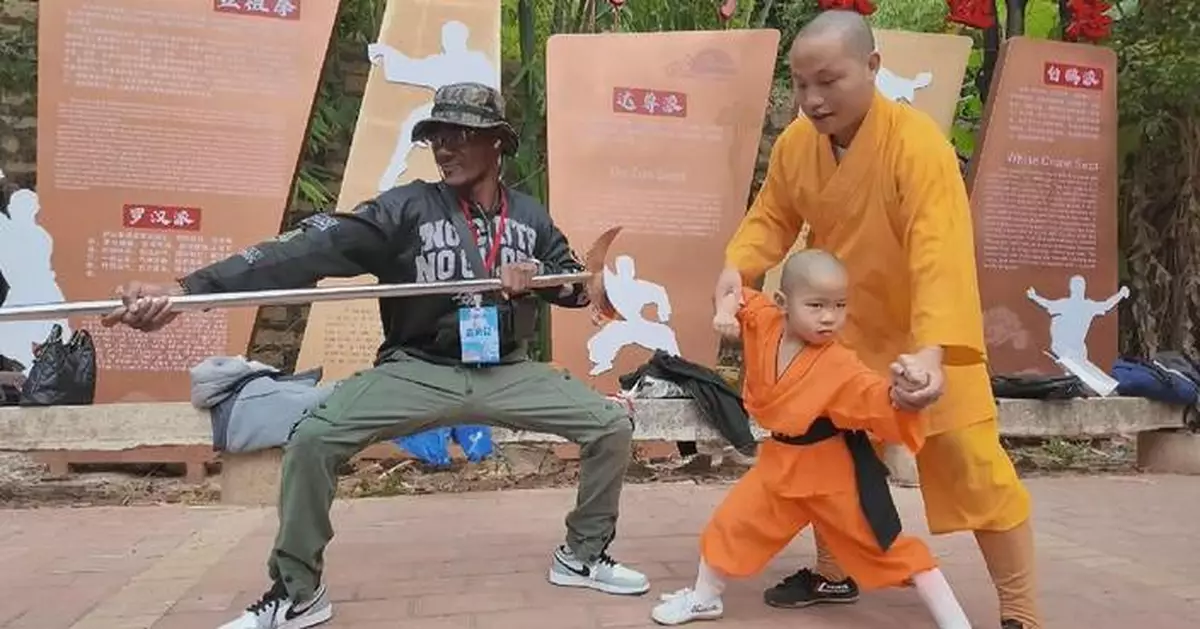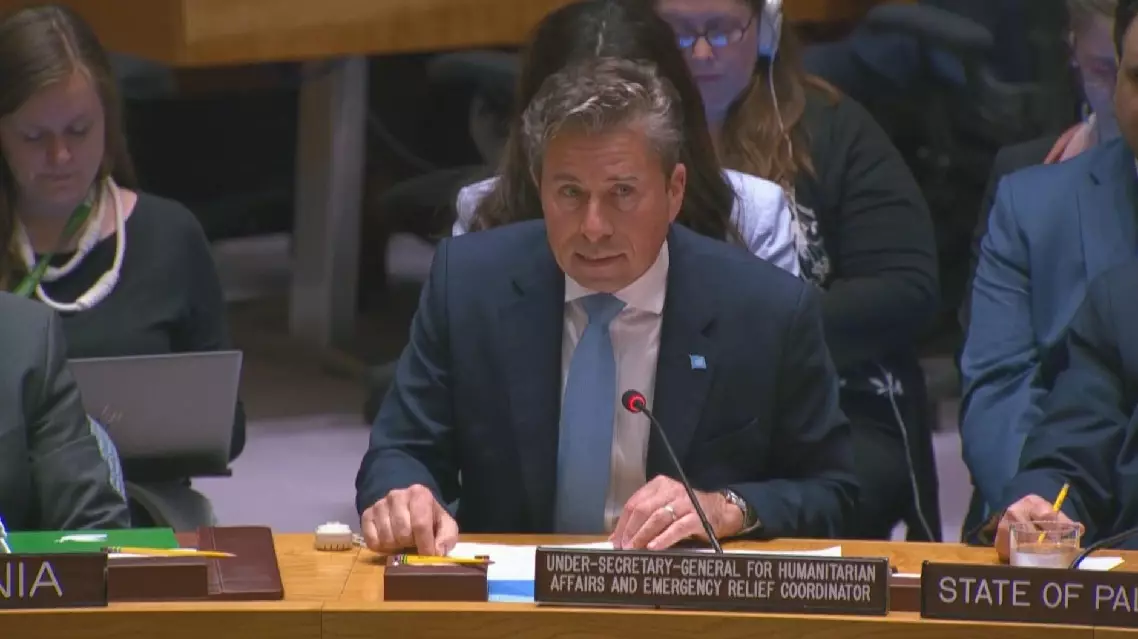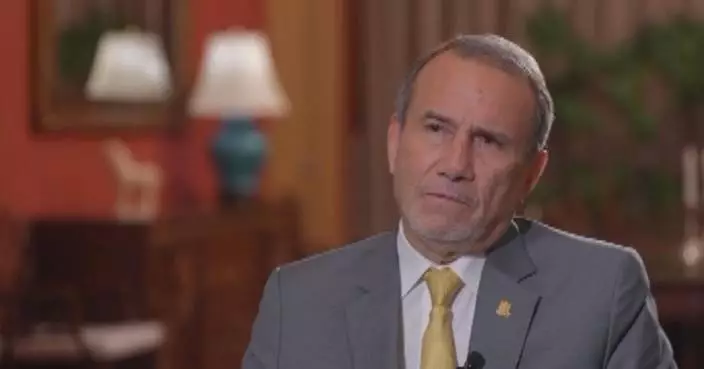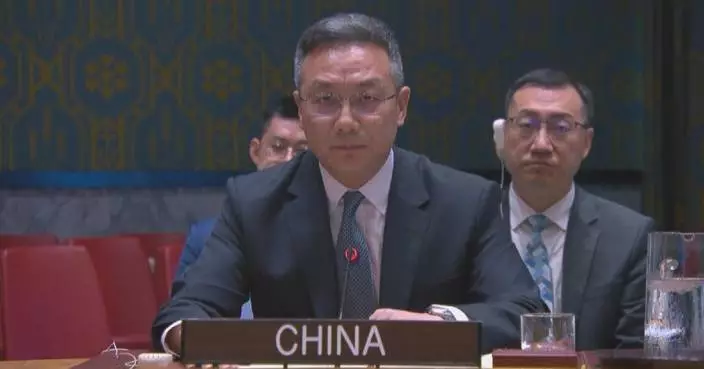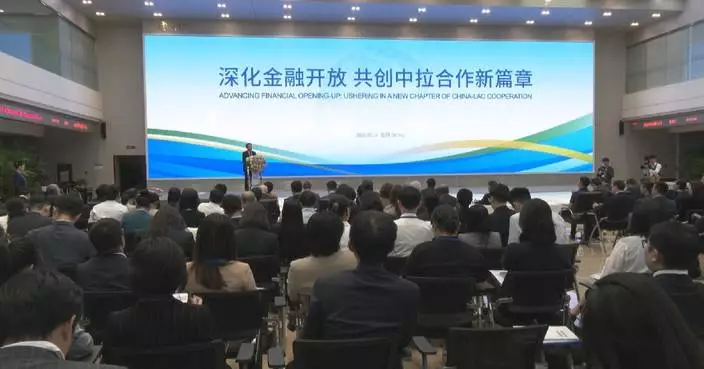China's expanded visa-free policies have sparked interest among international travelers for traditional Chinese culture and fueled a surge in local cultural tourism.
In the first 11 months of 2024, China welcomed 29.218 million foreign visitors, with 17.446 million entering visa-free, up 123.3 percent year-on-year.
This surge is leading to a growing demand for immersive cultural experiences. China, home to 1,557 nationally recognized intangible cultural heritage items, offers them opportunities to explore these traditions.
In Quanzhou City, east China's Fujian Province, string puppet show has been a popular attraction for international visitors.
"The plate spinners and the puppet that balances the jug on their head, the lion dance and the ribbon dance also. I like seeing these things," said an American visitor.
"I think it's very interesting. I've never seen a doll like this before. And I think it's a very imaginative way. See what the culture sort of outfits were like. I really like it," said an Indonesian student participating in a doll clothes-making workshop
A survey by the China Tourism Academy revealed that over 60 percent of respondents cited experiencing Chinese culture as their primary reason for visiting. World Heritage sites, the four ancient capitals, and intangible cultural heritage items like paper cutting, flower headband, and shadow puppetry are proving to be major draws for international tourists.
Shaolin Kung Fu, one of the most famous traditional martial arts in China, is a globally recognized symbol of Chinese culture. The Shaolin Temple in Quanzhou has seen an influx of international visitors eager to witness and learn this martial art.
"Because martial arts transcend borders. It's a body language understood worldwide," said Li Gang, head coach of Quanzhou Shaolin Temple Warrior Monks Troupe.
Eros, an Italian living in the city for nearly a decade, is a devoted Shaolin Kung Fu enthusiast. He attends performances every month and shared photos on social media to share the moment with his family and friends.
Thanks to the visa-free policy implemented for Italians by the end of 2023, Eros's mother and friends were finally able to visit him and experience Chinese culture.
"If you watch the show, you can just feel the power, the energy. I needed to send my passport for my visa to Chinese consulate. So, you need to plan in this one month before. You don't need to follow this rule now. And you can easily come to visit China," he shared.
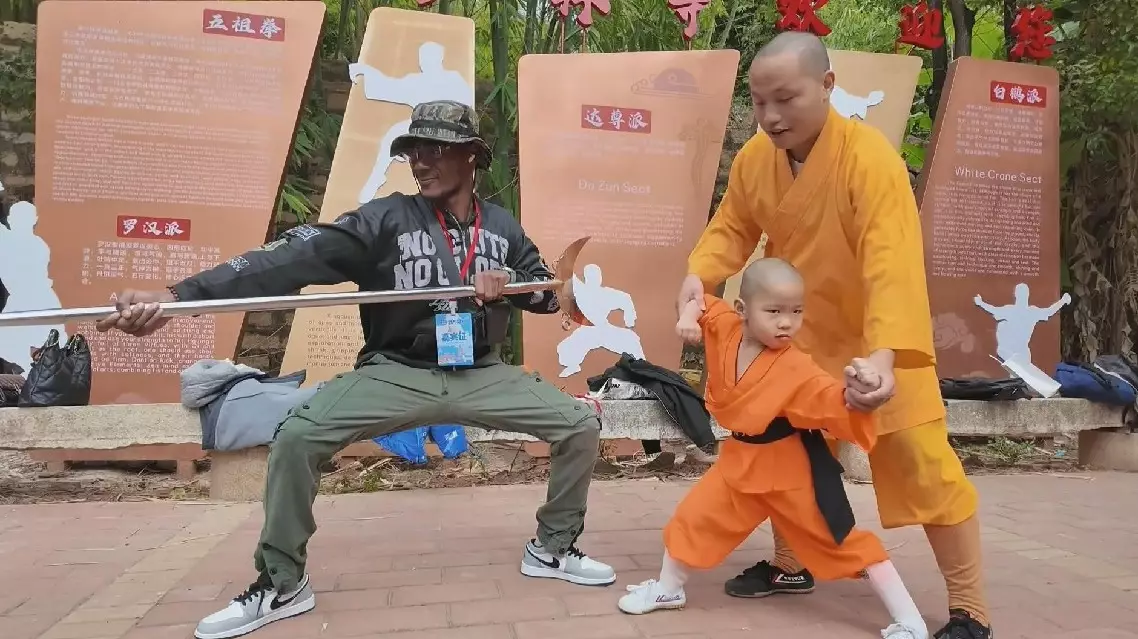
China's visa-free policies boost cultural tourism, with Kung Fu leading the way for global visitors


